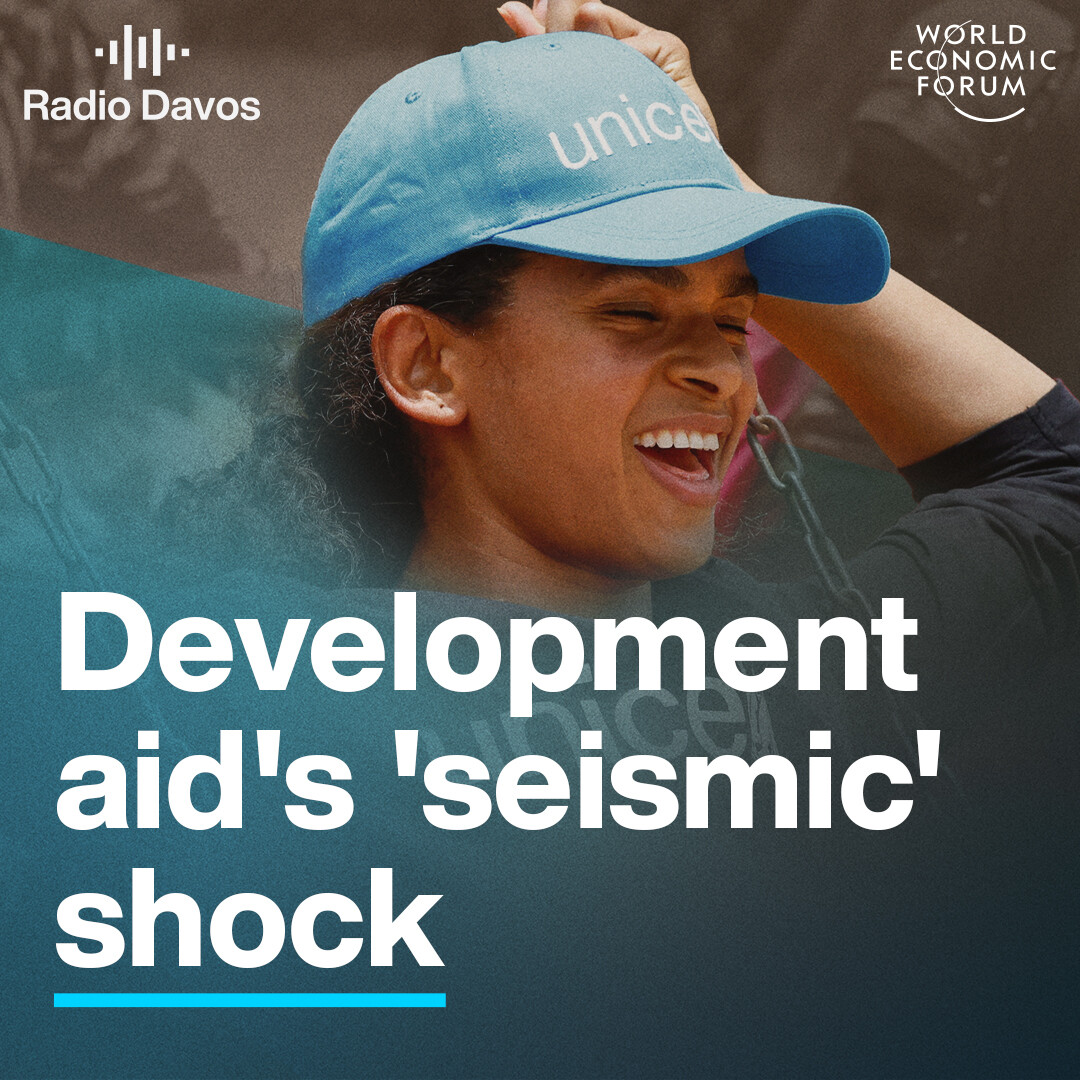Burgers, bugs and the shift to a new way of eating

A laboratorist analyses a sample of fish at the tuna and seafood research and development laboratory of Thai Union Group, known as the Global Innovation Incubator or Gii, in Bangkok, Thailand July 20, 2016. Image: REUTERS/Jorge Silva
How often do you eat meat? For many people, the answer is not as often as before.
Two-thirds of US consumers say they are consuming less meat, with cost and health concerns being the primary reasons. Instead, 42% are turning to meatless alternatives.
In the UK, 29% say they are eating less meat because of its carbon footprint. Livestock is responsible for 14.5% of all human global greenhouse gas emissions.

Whatever the motivation, the switch is having an impact. In 2018, the global meat substitutes market was valued at $4.6 billion. By 2023, it’s expected to reach $6.4 billion.
That’s still a long way behind the $90 billion global meat market, but the signs are that investors are willing to take a gamble on alternative forms of proteins. According to research by A.T. Kearney, investment in start-ups creating vegan meat replacements totalled $900 million between 2010 and 2018.

Impossible Foods, known for its “bleeding” plant-based burgers, has received $806 million in funding from investors including Bill Gates, Google Ventures and Reddit co-founder Alexis Ohanian - while Beyond Meat, which manufactures plant-based beef, chicken and pork substitutes, has secured $163.6 million in backing.
What has four legs, antennae and scope to feed the world?
While there is still significant resistance in the western world to eating insects, there have been attempts to develop marketable bug-based foods.
By 2050, the world’s population will hit 9.1 billion - and feeding all of those people in a sustainable way will be a significant challenge.
Crickets need 12 times less feed than cattle to produce the same amount of protein. Exo, which has Michelin-starred chefs producing cricket energy bars, has already received $5.3 million in funding from investors.
All Things Bugs, another US start-up, raised $100,000 in initial seed funding from the Bill and Melinda Gates Foundation to develop an eco-friendly, ready-to-use therapeutic food product made from insects for children in famine-stricken countries.

From a petri dish to your plate
At an earlier stage of development is “cultured” meat. Grown in a lab, it is identical to conventionally produced meat, without the same environmental impact. It is not yet commercially available, but cultured meat start-ups have already collectively received $50 million in funding.

Selling the alternatives
According to a recent report from fund managers the Farm Animal Investment Risk and Return (FAIRR), 16 major retailers expanded their alternative protein product range between 2018-2019.
What is the World Economic Forum’s Sustainable Development Impact summit?
“Twenty-first century technology has the ability to create protein substitutes that meet the taste, texture and flavour of meat, fish and dairy, without using the actual animal,” says FAIRR founder Jeremy Coller.
The rollout of some of these products has met with overwhelming success: in the UK, fast food chain Greggs has seen a spike in its share price since introducing its popular vegan sausage roll in February 2019.
In the US, Burger King sales rose by more than a quarter during a trial addition of the Impossible Burger to the restaurant chain’s menu in the city of St Louis.
It’s looking like more of our future foods will be grown, not raised.
Don't miss any update on this topic
Create a free account and access your personalized content collection with our latest publications and analyses.
License and Republishing
World Economic Forum articles may be republished in accordance with the Creative Commons Attribution-NonCommercial-NoDerivatives 4.0 International Public License, and in accordance with our Terms of Use.
The views expressed in this article are those of the author alone and not the World Economic Forum.
Stay up to date:
Sustainable Development
Forum Stories newsletter
Bringing you weekly curated insights and analysis on the global issues that matter.







